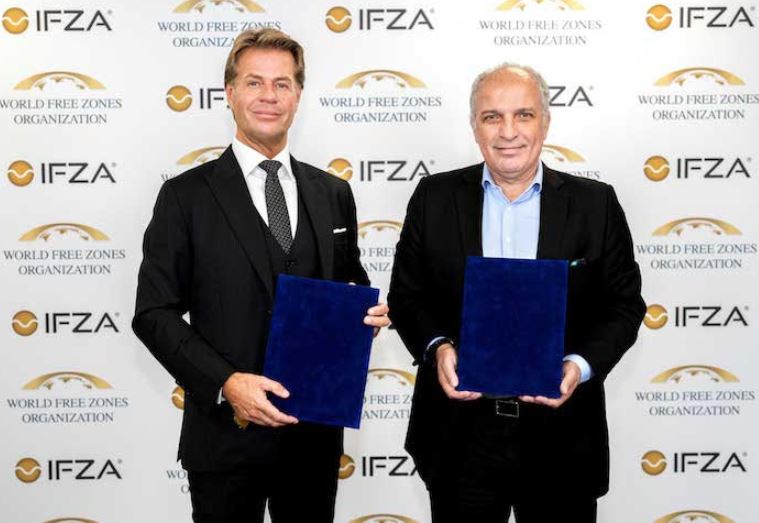Bahrain Announces Measures to Combat Inflation

Global inflation is currently at an all-time high. Many issues have contributed to this situation. One such issue is the financial instability caused by the coronavirus pandemic. The after-effects of the economic downturn during the outbreak still linger today. Another issue contributing to global inflation is many countries’ rising energy and food prices. The Russia-Ukraine war has reduced access to crude oil, significantly increasing gas prices, especially in European countries. The scourge of inflation has impacted most countries within and outside the Middle East.
For instance, the inflation rate in the United Kingdom is currently 10.5 percent, significantly above the Bank of England’s target of 2%. Bahrain is not left out of the inflation scourge, and the country’s authorities have approved policies to curb the spread of inflation.
Earlier this month, the Crown Prince and Prime Minister of Bahrain, approved a host of policies to stabilize prices in the country, ensure the availability of commodities, and push down on inflation. According to reports, some of the new measures Bahrain intends to introduce include a three-month suspension of industrial land fees for food storage facilities, a temporary suspension of fees and approvals required for supermarkets to operate, and a disbursement of financial support for low-income families in the country.
The Prime Minister also directed increased monitoring, evaluation, and inspection of prices at local markets. This inspection aims to protect consumers, prevent artificial scarcity, and reduce the high costs of commodities. Bahrain also increased its interest rates to 5.25 percent and 6.75 percent, respectively, following the Federal Reserve’s interest rate hikes in the United States.
However, Bahrain is not the only Middle Eastern country that has intensified efforts to combat inflation. The United Arab Emirates (UAE) recently announced measures to reduce inflationary pressures in its economy. These measures will mainly be hinged on interest rate hikes. Monica Malik, the Chief Economist at the Abu Dhabi Commercial Bank, stated this. In line with Malik’s statement, the UAE has increased its interest rate to combat inflation.
This increase was announced recently and marked a difference of 25 basis points. Thus, the interest rate was increased from 4.40 to 4.65 percent. The primary aim of interest rate hikes is to make borrowing more expensive. This should reduce consumer spending and the prices of goods.
Currently, there are no confirmed reports on whether Bahrain plans to change its inflation reduction measures. It is also unclear whether the country will eventually execute another interest rate hike.
Conclusion
There is no doubt that global inflation is currently a prevalent problem. However, Bahrain’s planned policies will likely be effective in reducing the effects of inflation and ease the economy into a recovery from the economic downturn caused by the coronavirus pandemic.
Last Updated on 1 year by News Editor












